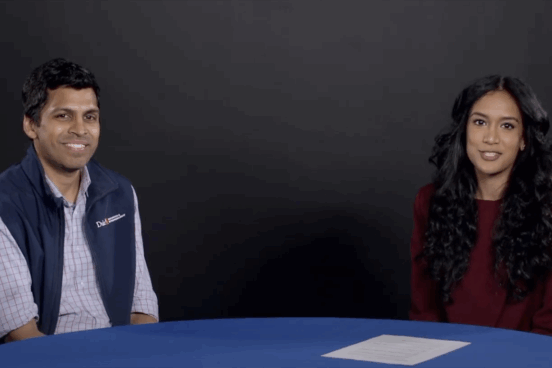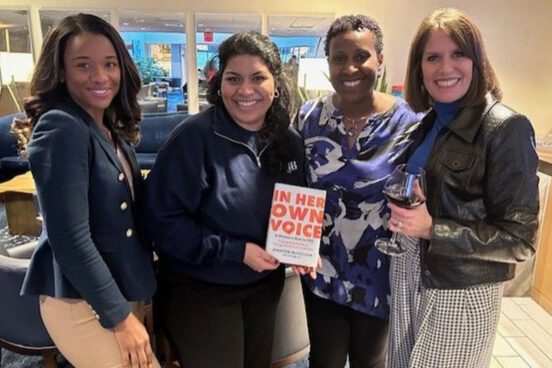Duke Daytime MBA Student Blog

Learning to Deal with Personal Emotions in Business
One of my favorite things about business school is the opportunity to meet so many incredible people, including my fellow classmates and guest speakers. I’m taking a strategic planning practicum course and a recent class featured Alan Schwartz, who is a Duke alum, member of the Duke University Board of Trustees, Fuqua Board of Visitors member, former CEO of Bear Stearns, and currently executive chairman of Guggenheim Partners. He spoke to us about leadership and advising.
Alan Schwartz spoke with a room of roughly 60 students about the implications of being a trusted adviser, and he gave us a real-life case study where a merger between 2 companies looked great on paper. However, the two CEOs could not work together. The deal had already been announced, the companies’ stock prices reflected the proposed merger, $25m of investment banking fees could be lost if the deal collapsed, and Alan asked us to think about how best to proceed, as a trusted adviser. He gave us 3 options:
- Take the deal off the table
- Pay a premium and take over the other company
- Come up with a way for the 2 companies to work together
Alan also gave us 5 characteristics/methods on how to be a trusted adviser:
- Advise
- Integrity
- Empathy
- Courage
- Emotional Control
He told us to evaluate the situation in a real-world context, regardless of how well a model seemed to showcase the numbers.
For me personally, one of the hardest things is figuring out how to take emotions out of business situations and make the best decisions for the business and/or client. I am trying to figure out better ways to make decisions and at Fuqua, I am taking leadership and development classes to give me insight on how to handle difficult situations in real-world contexts.
Alan asked us for our suggestions and then shared some characteristics of the deal that could influence the rest of our recommendations. The discussion was more like a conversation, and he truly wanted to hear what each of us had to say about how to make this proposed merger work. Suggestions went from sending high-level employees to conflict-resolution workshops, to a complete takeover. In the end, he told us that the deal was canceled, $25m in fees were lost (on his side). Regardless, he explained that this was the best decision as a trusted adviser. When you are a trusted adviser, you want to form a long-term relationship with the client and you may have to deal with short-term losses to salvage a long-term relationship and future deals.
Seeing how this scenario played out in real life was incredibly interesting because it helped me to see how someone else tried to take emotions out of a business decision.



